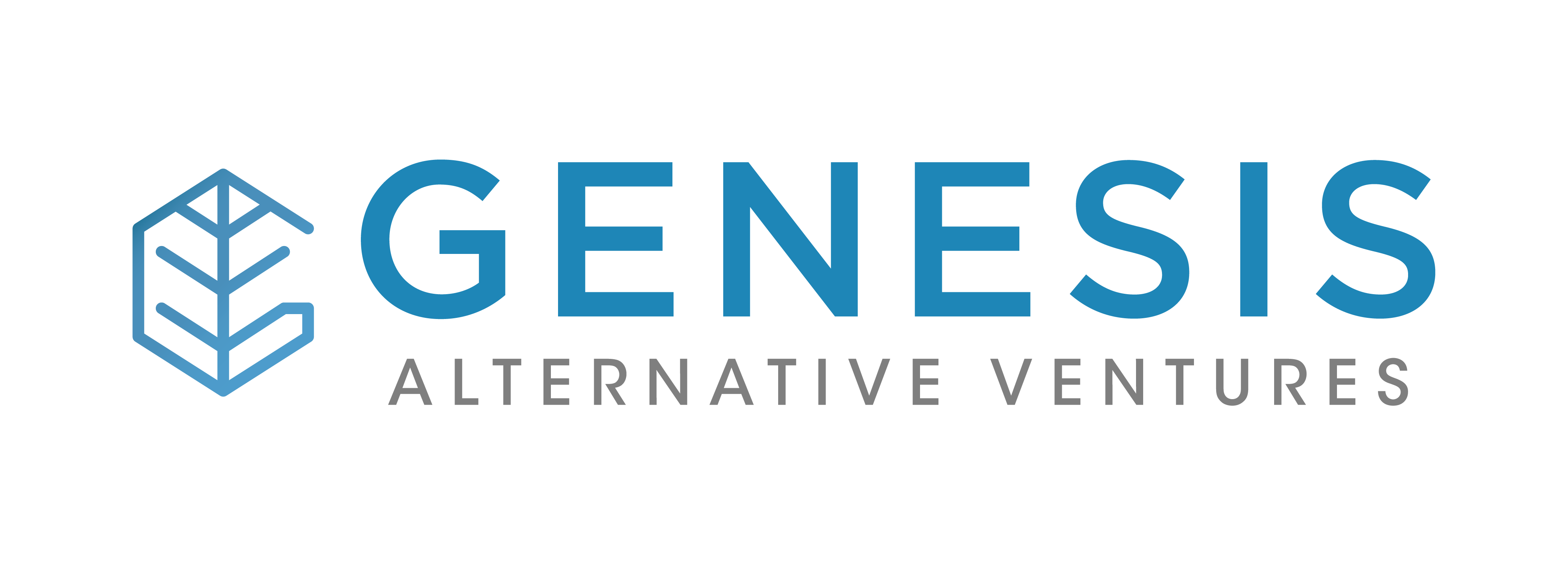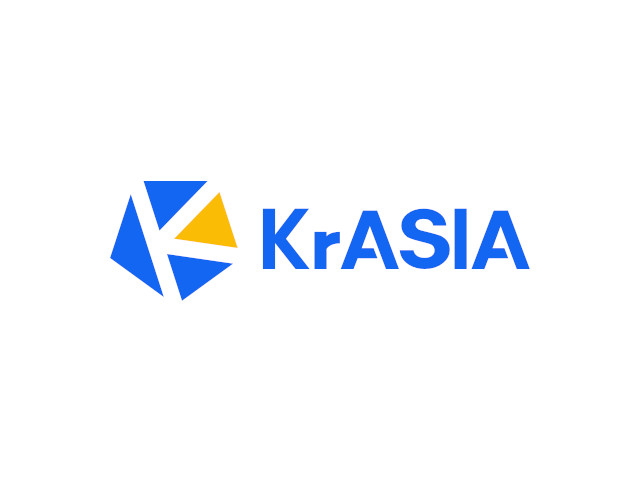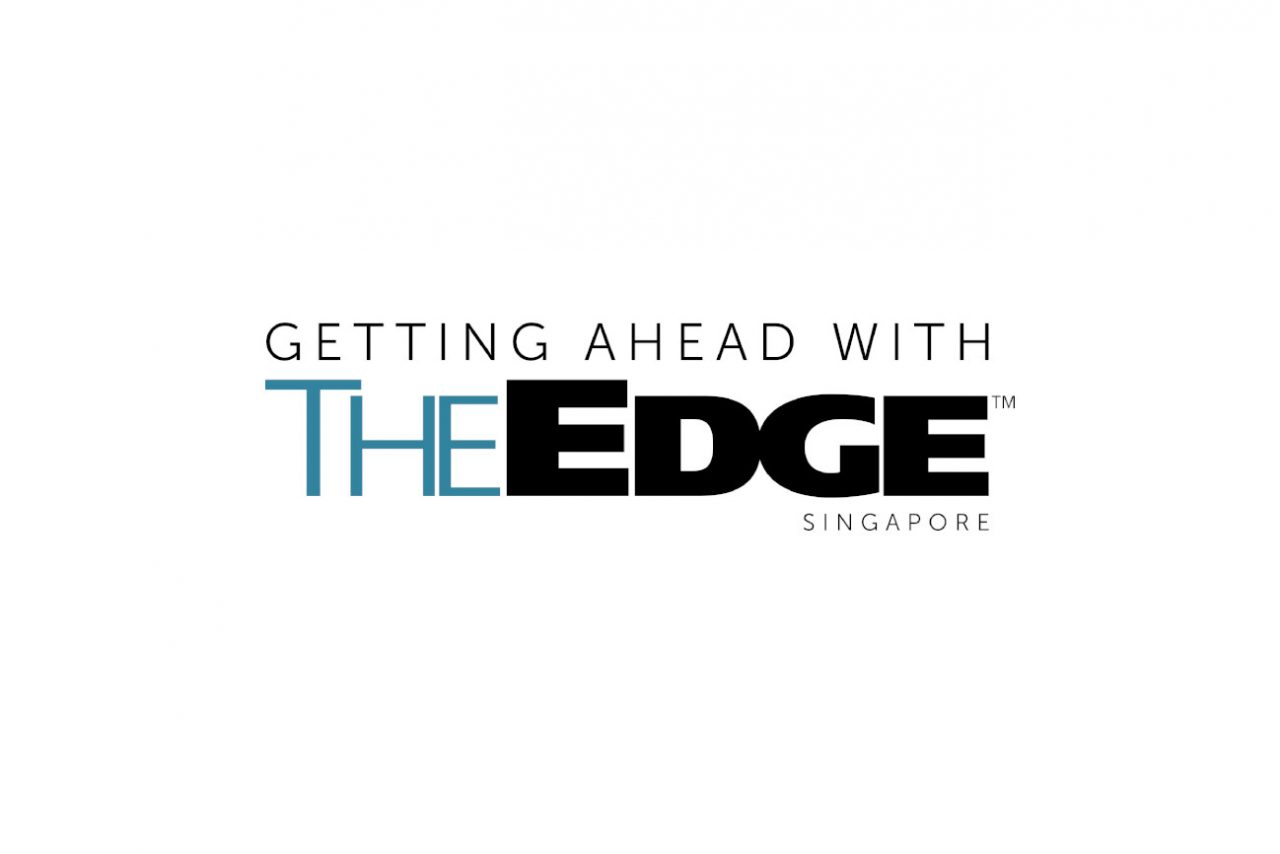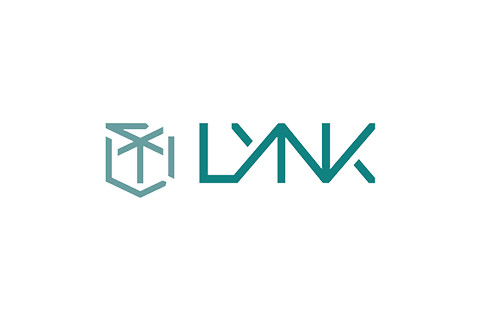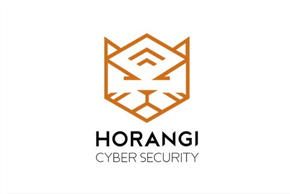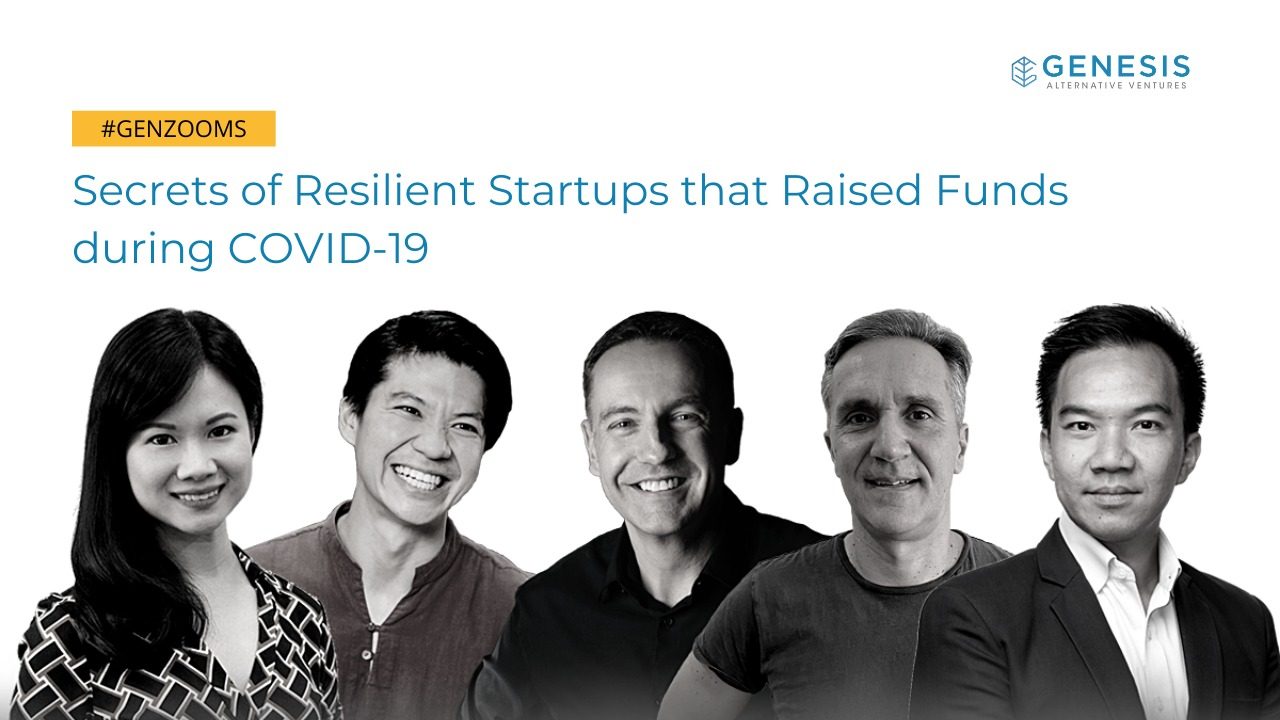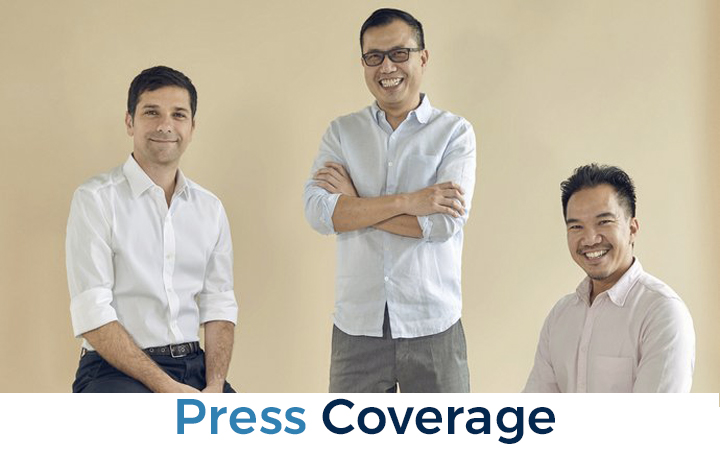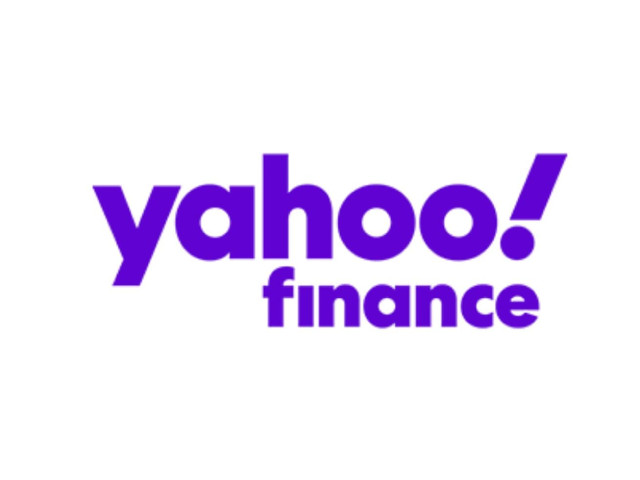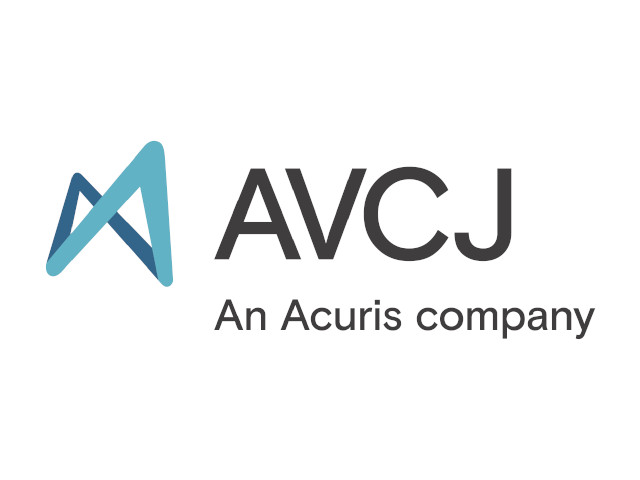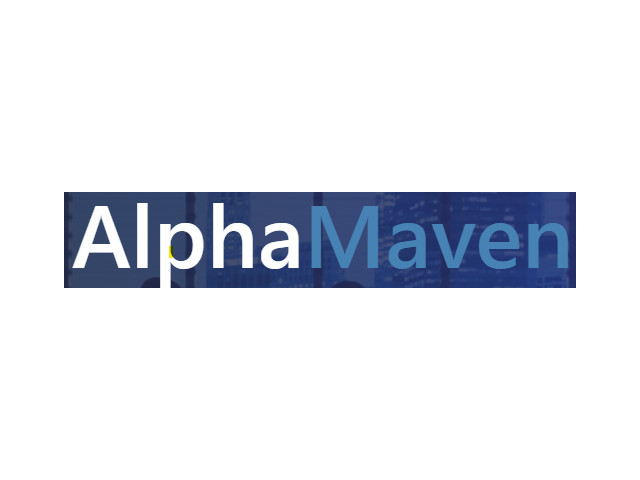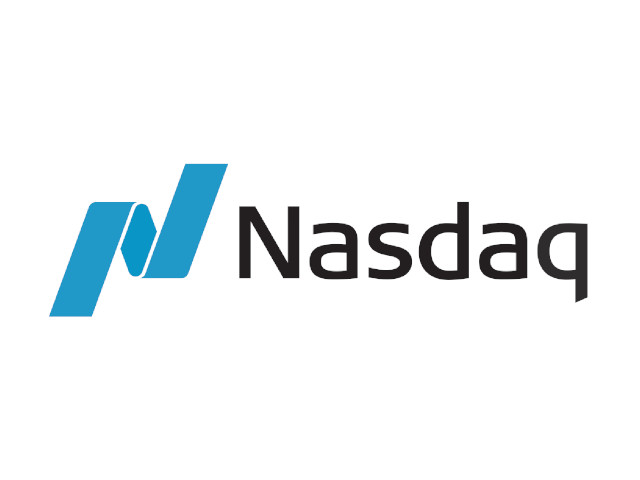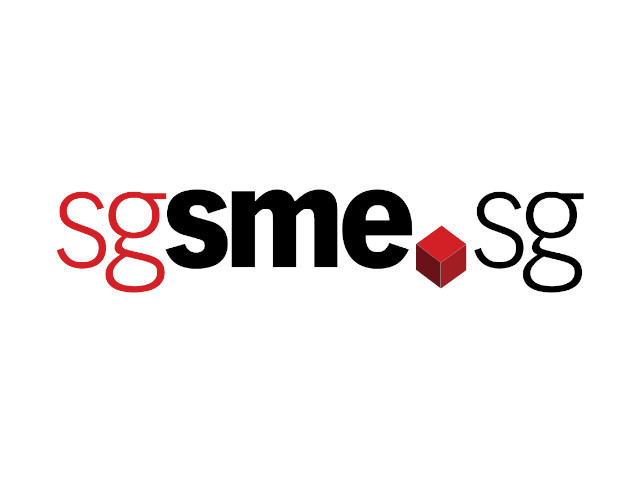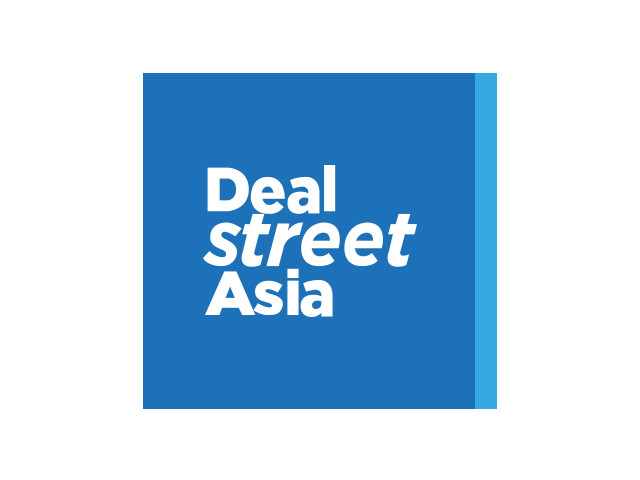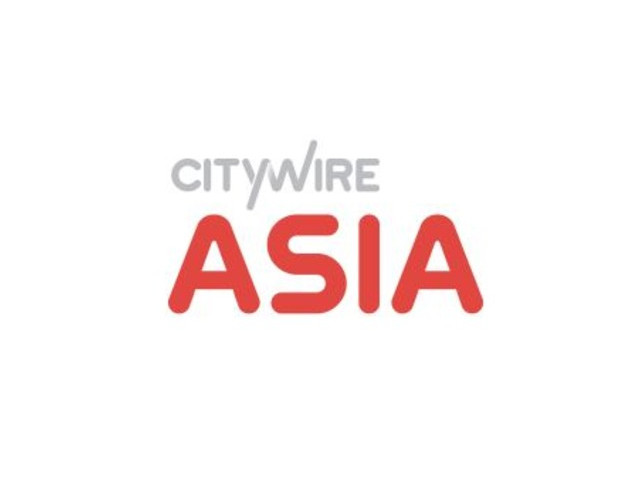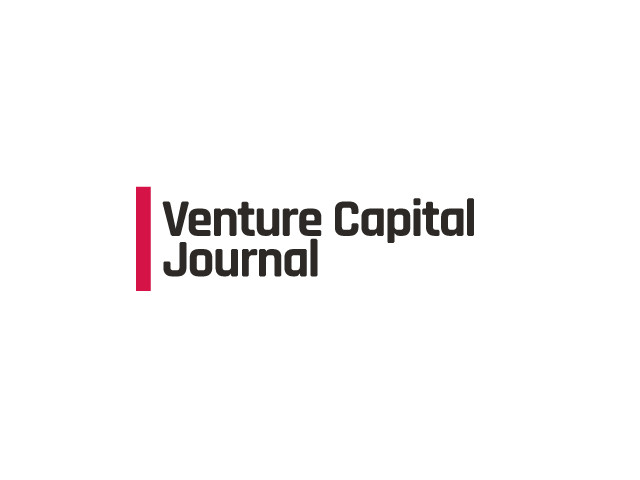The PDF version of this media release can be downloaded here
—–
Global Investor Capria Fund invests in Singapore’s
Genesis Alternative Ventures
- Seattle-based Capria makes first investment in Southeast Asia through venture debt asset class
- Genesis to tap growing opportunities in impact investing amid strong growth in venture lending
Singapore, 11 June 2020 – Genesis Alternative Ventures Fund I, Southeast Asia’s first private venture debt fund, today welcomes a strategic investor – Capria, a Seattle- based global investment fund that invests in venture equity and innovative debt fund managers that deliver superior returns and impact at scale.here
Genesis will leverage Capria’s expertise in impact investing to identify and provide venture financing to companies with meaningful impact objectives such as financial inclusion, sustainable food production, small business digitisation, gender diversity, etc., as they scale across Southeast Asia.
Genesis is Capria’s first investment in Southeast Asia and its first investment in a venture debt fund.
Capria counts International Finance Corporation (IFC), Ford Foundation, Vulcan Capital, Omidyar Network, Sorenson Impact Foundation, among others as its investors. Capria also joins a growing list of blue-chip investors in Singapore-based Genesis, which includes Sassoon Investment Corporation (SassCorp), family office of entrepreneur Victor Sassoon, and other notable corporates, family offices and high net worth individuals across Asia, Europe and the US. CIMB Niaga, a leading bank in Indonesia, became a strategic partner in Indonesia last year with a US$10 million commitment to Genesis to fund fast-growth tech companies in that country.
Related Article : Indonesian Bank CIMB Niaga join forces with Genesis Alt Ventures
Dr. Jeremy Loh, Co-Founder and Managing Partner at Genesis Alternative Ventures, said: “We are delighted to welcome Capria as a strategic investor at a time where a liquidity gap exists for venture-backed companies looking to raise funds. In recent months, Genesis has seen a 30% increase in deal flows from high quality companies and founders. We are poised to make another five to six investments in the coming months which will double our portfolio size.”
Delivering Superior Returns and Scaled Impact
Capria specialises in investing in private funds and companies in underinvested emerging markets. These companies deliver essential goods and services to local consumers and small businesses leveraging technology and business model innovation in sectors such as financial services, healthcare, ag/food, logistics, and education.
Dave Richards, Co-Founder and Managing Partner at Capria, said: “The idea of investing for superior financial returns coupled with sustainable impact is catching on in Southeast Asia and Capria is proud to partner with Genesis to further this wave.
“Until recently, ‘impact investing’ was very nascent and mostly associated with concessionary financial returns in Southeast Asia. This has started to change with more leading funds implementing impact strategies to tap into underinvested sectors and companies.”
As part of Capria’s investment, Genesis will also join Capria Network, the largest network of emerging market fund managers collaborating to deliver superior returns and scaled impact.
Genesis Team are Venture Debt Pioneers in Southeast Asia
Genesis was founded by Ben J Benjamin, Dr Jeremy Loh and Martin Tang in 2019 to help tech enabled companies accelerate their growth while minimising equity dilution. Dr Loh and Mr Tang have extensive experience in venture lending and equity investing, having spearheaded DBS Venture Growth Partners specialising in venture lending
from 2015 to 2018. Dr Loh also helmed the EDB Investment office in Silicon Valley from 2009 to 2014. Mr Benjamin is also non-executive director of OurCrowd Singapore, the Israel-based online venture capital platform.
Since inception, Genesis has built a high-quality portfolio of diversified and resilient investments including Horangi, GoWork, Hmlet, Matterport and Lynk Global, co- investing alongside leading global and regional venture capital firms.
Significant Venture Debt Opportunity across Southeast Asia
Venture debt has accelerated across Southeast Asia in recent years given the maturing of the tech and financing ecosystem. Global data suggests there is significant headroom for growth in the region. A recent study by Kruze Consulting shows that US venture debt grew 30% in 2019, accounting for 10% of total venture capital investments. By comparison, venture debt makes up between 1% and 3% of overall venture funding in Southeast Asia last year.
Related Article : Launch of Southeast Asia Independent Venture Debt Financing Business
With its young, mobile-first population, Southeast Asia is poised to be one of the biggest beneficiaries of high growth companies delivering access to digital products and services following in the footsteps of breakout companies such as Gojek, Grab, Lazada, Property Guru, Razer, SEA, etc.
Prudent Investing in times of Crisis
The data shows that financial crises have historically proven to be a time of innovation and entrepreneurship. Over half of Fortune 500 companies were created during a recession or bear market, and over 50 of today’s tech unicorns, collectively valued at $145.2 billion, were founded during the 2007-2009 recession years, including WhatsApp, Uber, Slack, Square, Alibaba & JD.Com1. In Southeast Asia, many tech enabled companies such as Kopi Kenangan, NinjaVan, Nium, Tanihub, have continued to raise funds successfully in the first half of 2020, Covid-19 notwithstanding.
Ben J Benjamin, Co-Founder and Partner of Genesis Alternative Ventures, said: “Major crises lead to a whole range of challenges but they also create investment opportunities. Fleet-footed entrepreneurs are able to tap these opportunities to create meaningful products and services to be accessible during turbulent times.
“These entrepreneurs have found their Zoom moments and we want to be there to take them to the next stage of growth.”
– The End –
About Genesis Alternative Ventures
Genesis Alternative Ventures is Southeast Asia’s leading private lender to venture and growth stage companies funded by tier-one VCs. Genesis is founded by a team of venture lending pioneers who have backed some of Southeast Asia’s best loved companies. Armed with a strong reputation among entrepreneurs and investors, Genesis is your trusted partner in empowering your company’s growth while minimising shareholders’ equity dilution.
About Capria
Capria Ventures is a global investment firm leading, partnering with and funding the largest network of emerging market fund managers collaborating to deliver superior returns and scaled impact. Capria brings venture capital innovation and global best practices to local venture capital, private equity and innovative debt funds, managed by local investment experts. Capria’s network of investing partners collectively manage more than USD $400 million in assets deployed in early stage and early growth companies in Latin America, Africa, and Asia. Capria has over $100M in AUM which it invests directly in India via Unitus Ventures, and in other markets via partners of the Capria Fund which takes anchor GP and LP positions. Capria has offices in Seattle, Bangalore and Nairobi. More at: http://capria.vc
